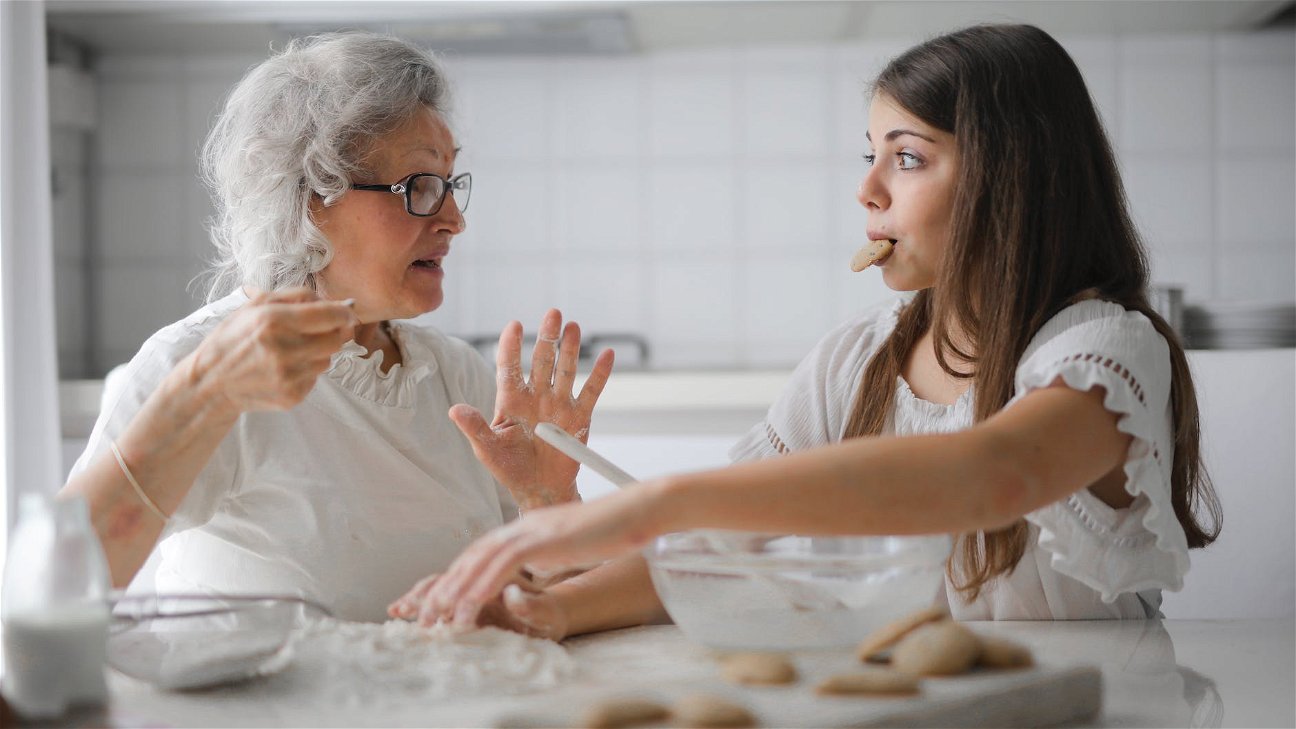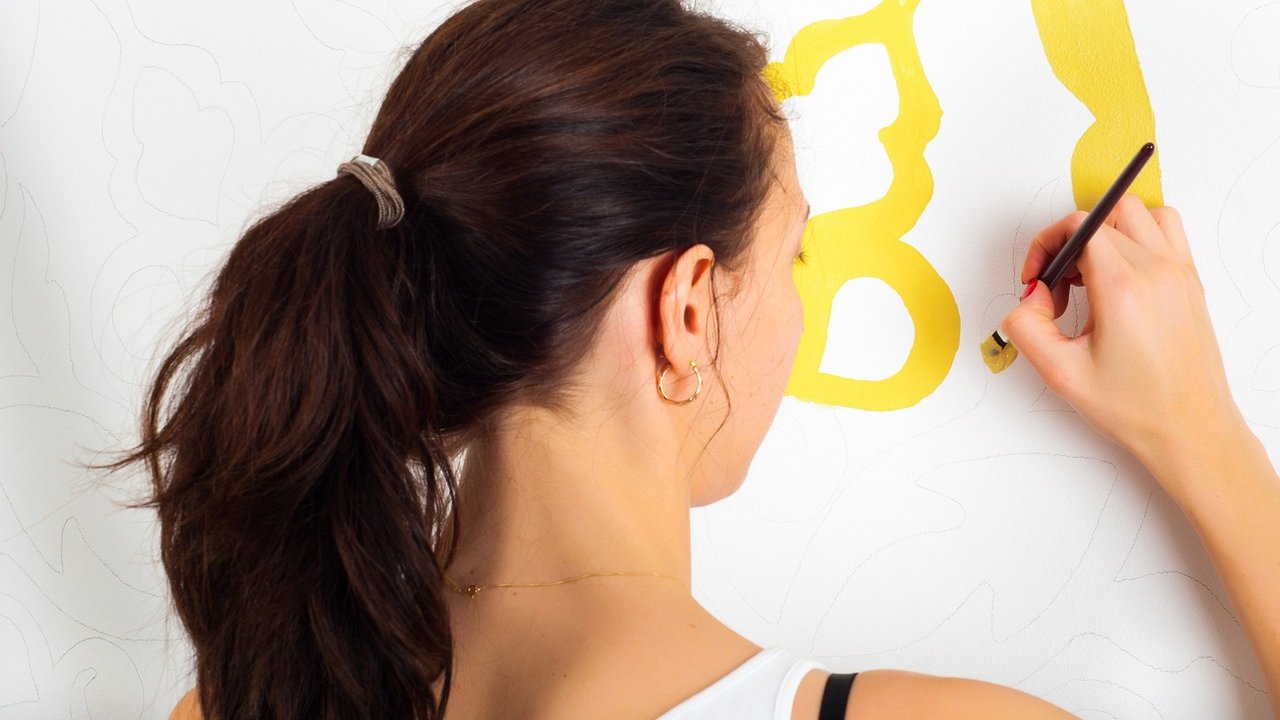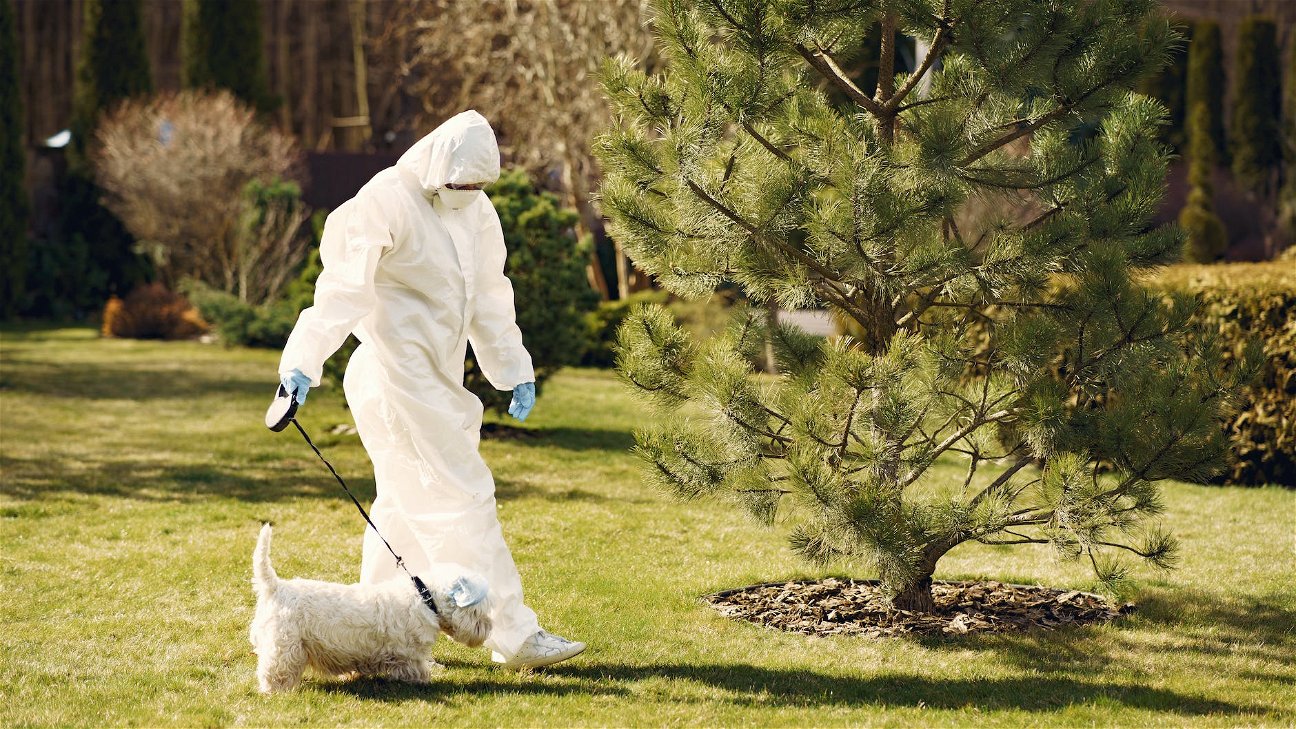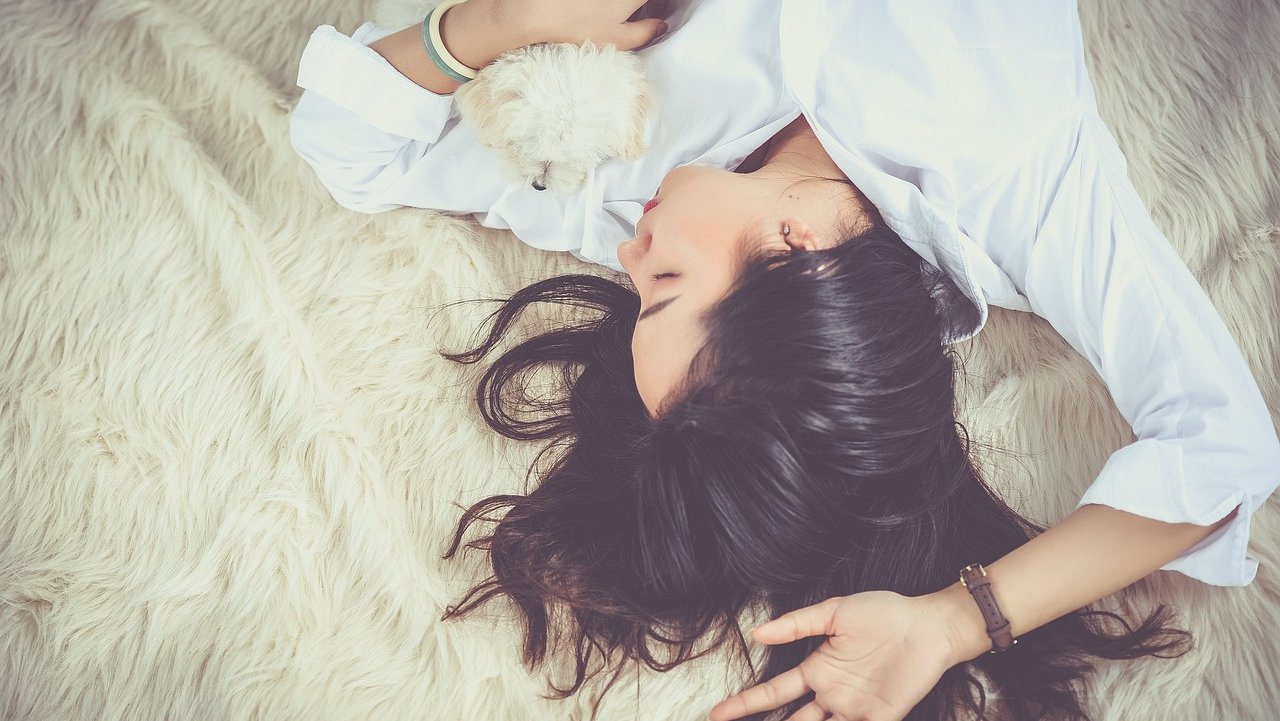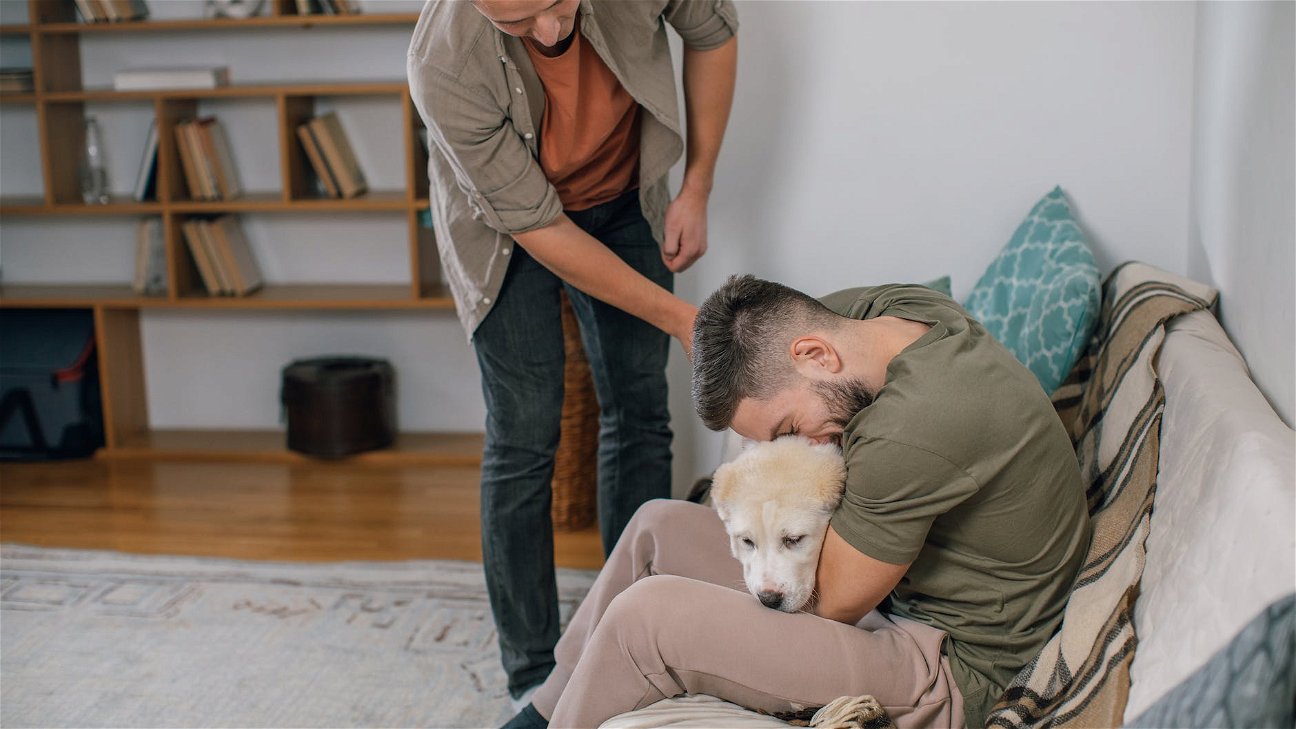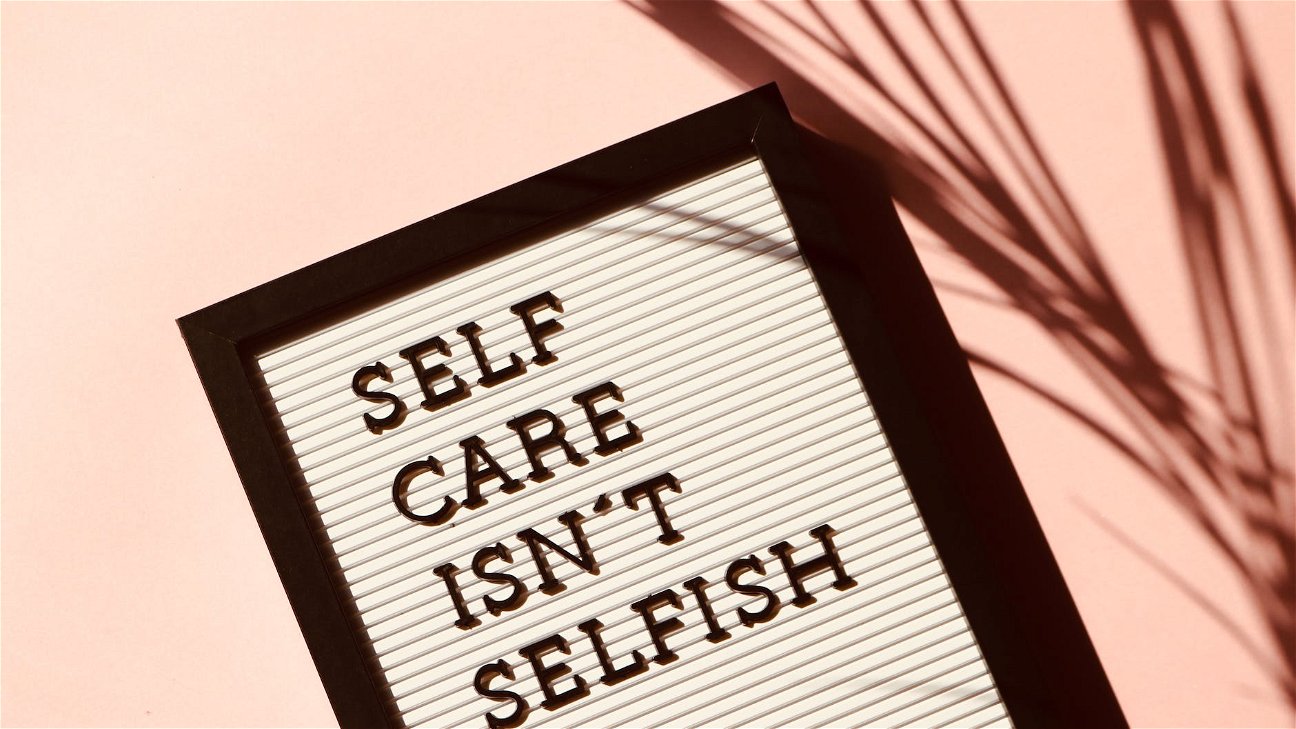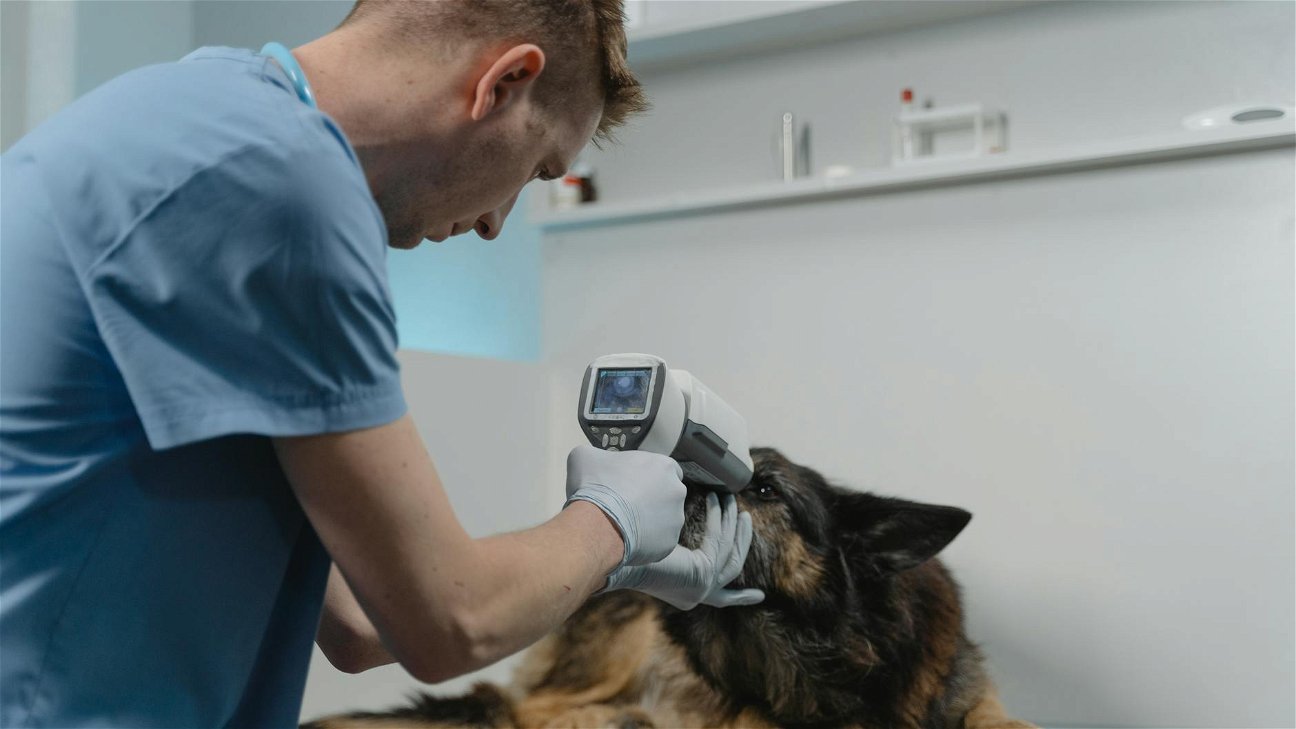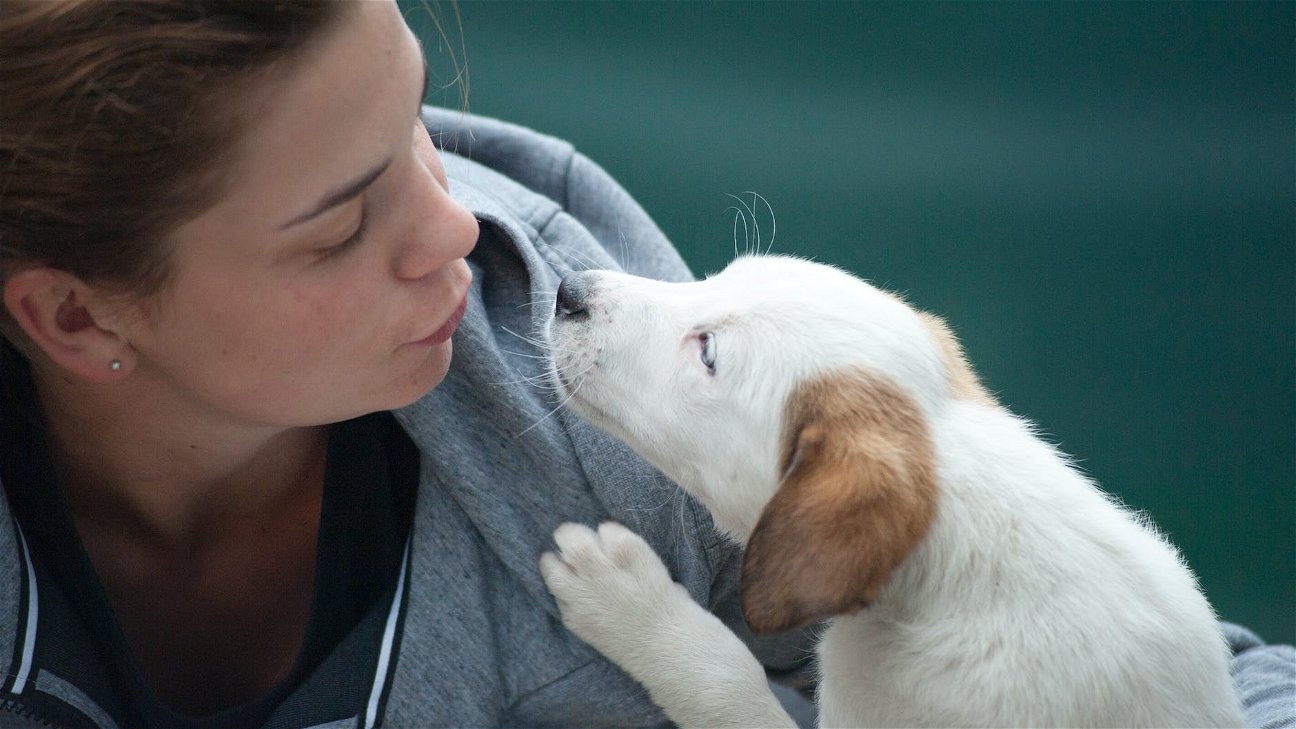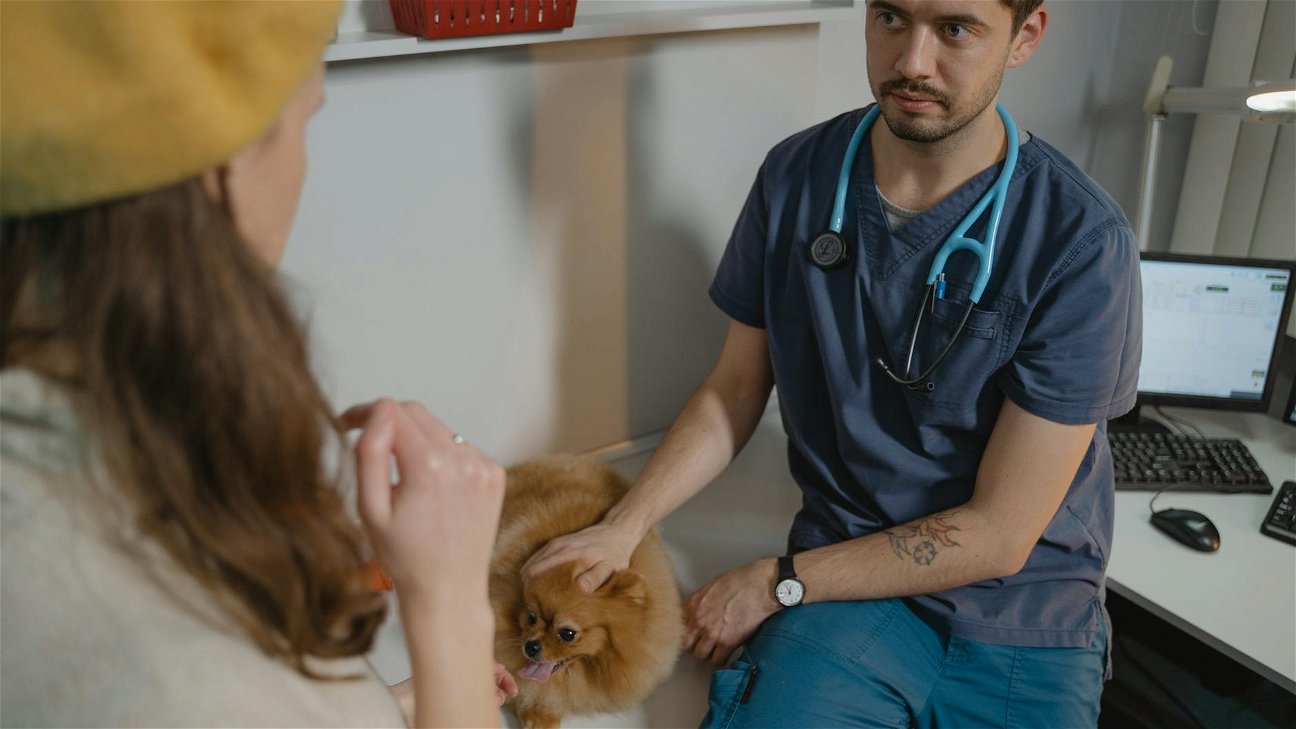
Having a cute, fuzzy rabbit as a pet can be a joy, but keeping their indoor environment clean is crucial for their health and well-being. In this article, we'll explore the best practices to ensure cleanliness for indoor rabbits, covering everything from routine cleaning to diet.
Importance of cleanliness for indoor rabbits
The primary reason for maintaining a clean environment for your indoor rabbit is health. Unsanitary conditions can lead to a myriad of health issues including bacterial and fungal infections, flystrike, and digestive problems. Furthermore, a clean environment is more comfortable and less stressful for your rabbit, which can also contribute to their overall health.
Cleaning routine for indoor rabbits
Cleaning your rabbit's cage or living area is something that should be done on a regular basis. Here's a general outline for a cleaning schedule:
- Daily: Remove soiled bedding, uneaten food, and any waste. Clean the water and food dishes.
- Weekly: Carry out a thorough cleaning of the cage or hutch. This includes washing and disinfecting the entire cage, replacing the bedding, and cleaning any toys or accessories.
- Monthly: Conduct a deep cleaning of the living area, including any surrounding areas where your rabbit spends time.
Best ways to clean indoor rabbit cages
When cleaning your rabbit’s cage, avoid using harsh chemicals that can harm your bunny. Instead, opt for a non-toxic, pet-safe cleaner or a homemade solution of vinegar and water. Remember to rinse thoroughly and allow everything to dry completely before reintroducing your rabbit to their cage.
Tools for keeping indoor rabbits clean
A few essential tools that can make cleaning easier and more effective include:
- A dustpan and small brush
- Disposable gloves
- Pet-safe disinfectant
- Litter scoop
- Paper towels
Diet and cleanliness
The diet of your indoor rabbit can significantly affect their cleanliness. A diet high in fiber, primarily hay, helps to promote a healthy digestive system, resulting in less mess. Additionally, providing your rabbit with plenty of water will not only keep them hydrated, but it also helps to dilute their urine, making it less likely to stain or create strong odors.
Common hygiene problems in indoor rabbits and solutions
Some common hygiene problems that indoor rabbits may face include dirty fur, matted hair, and soiled bedding. Regular grooming, using the proper litter and bedding, and maintaining a consistent cleaning routine can help prevent these issues.
In conclusion, keeping your indoor rabbit clean involves consistent cleaning, the use of safe cleaning products, and a healthy diet. By following these best practices, you can ensure that your rabbit remains happy, healthy, and comfortable in their indoor environment.
